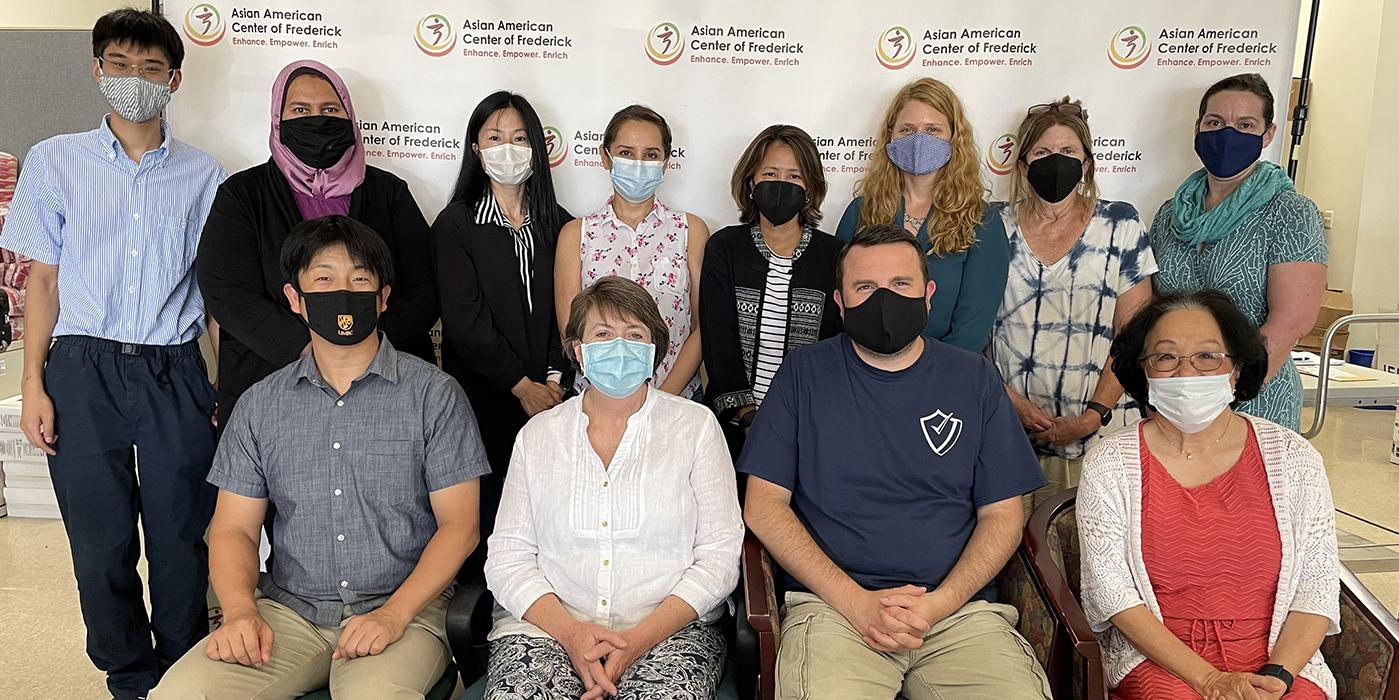
October is Health Literacy Month! Our Horowitz Center for Health Literacy is holding its fourth annual Health Literacy in Action conference October 14-15, 2021. Throughout the COVID-19 pandemic, Horowitz Center Director Cynthia Baur and team have been working with health departments throughout Maryland to support efforts to most effectively reach diverse communities with timely and live-saving messages about how to protect themselves and their families from COVID-19. They are also working with the UMD Prevention Research Center to address access to and confidence in the COVID-19 vaccine among LGBTQ+ populations by partnering LGBTQ+-serving organizations around the United States.
Now with new funding from the Office of Public Health and Science and Office of Minority Health within the U.S. Department of Health and Human Services (as part of the Coronavirus Response and Relief Supplemental Appropriations Act), the Horowitz Center and partners are applying their health literacy tools and techniques to support the health of Frederick, Maryland communities.
One of the greatest fights of the COVID-19 era has been against misconceptions and misinformation about the disease and vaccines—and that’s just taking English-language communications into account. UMD is on the front lines in Frederick, Md., training community health workers in health literacy techniques to meet the needs of myriad language communities.
Around 15% of the city’s population speaks languages other than English at home; these are some of the residents most at risk from COVID-19 and other diseases, says Cynthia Baur, director of the Horowitz Center for Health Literacy. In language communities with less access to official information sources, they may also be more vulnerable to bad health information—but hammering people with simplistic, “correct” messages from officials is a losing strategy.
“It’s a core public health principle: You meet people where they are and try to see the world from their perspective,” she says.
Supported by a $4 million grant to the city from the U.S. Department of Health and Human Services, the Horowitz Center is helping to develop community health workers who are already trusted in language communities, including Chinese, Urdu, Spanish and Russian, to spread accurate information in culturally appropriate ways.
The project combines the Horowitz Center’s expertise in crafting clear, compelling messaging with on-the-ground cultural expertise, says Elizabeth Chung, executive director of the Asian American Center of Frederick, a partner organization.
“You could spend a lot of money developing content based solely on Eurocentric views, but it won’t make sense to someone from China, someone from Haiti, someone from Vietnam,” she said. “Today we can employ this with COVID, tomorrow mental health, and infant mortality the next—all of it.